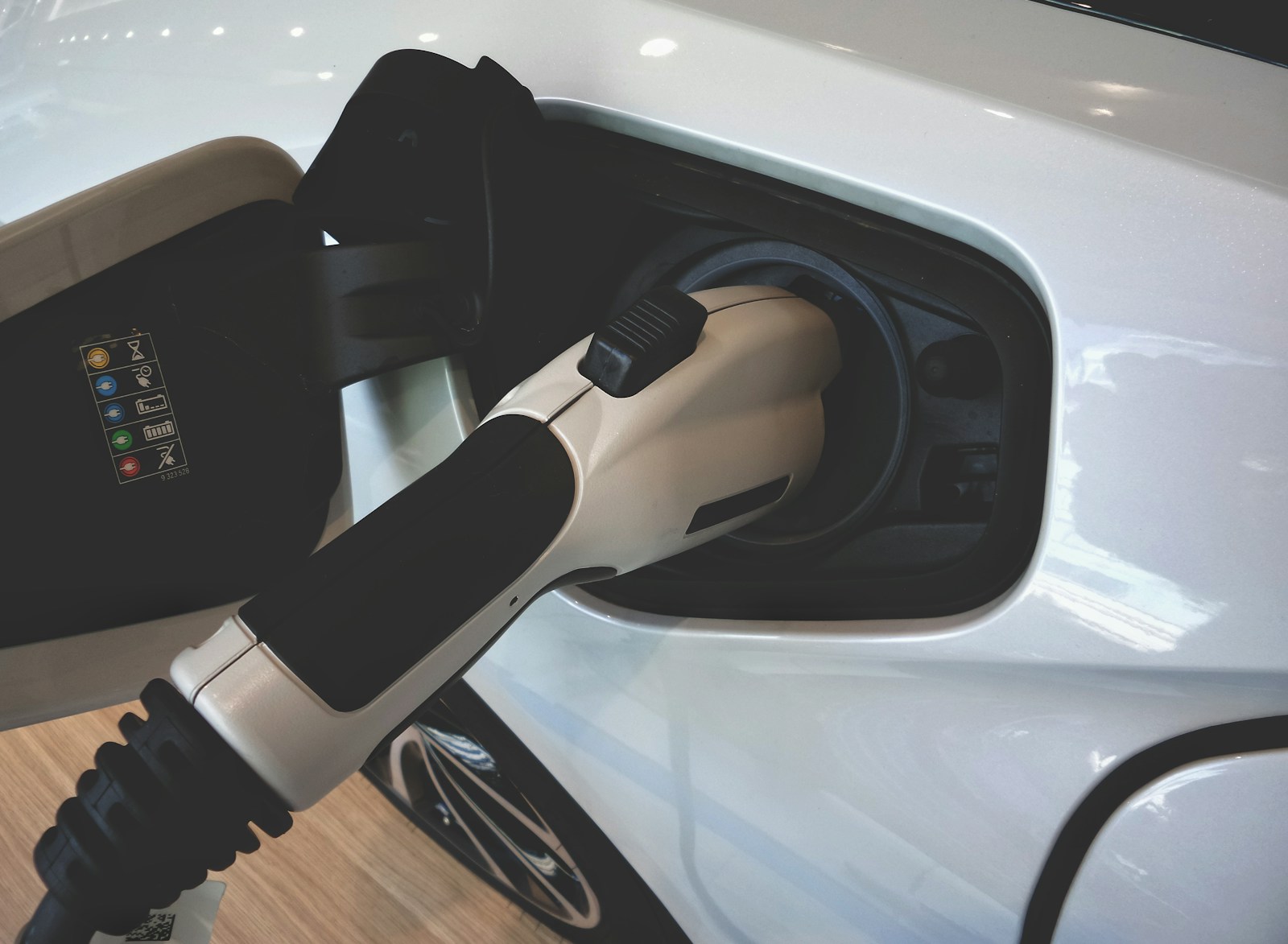
cargar

charge
The word 'cargar' in Spanish is often used to indicate the action of carrying something, just like 'charge' in English. For instance, you might use it to describe the act of carrying a bag, among other things. It also works as loading a device with power. But keep in mind, like with many words, the context can influence the exact meaning of 'cargar'.
Example sentences using: cargar
Necesito cargar mi teléfono.

I need to charge my phone.
In this sentence, 'cargar' is used to mean 'charge', and is frequently used when talking about charging electronic devices such as phones.
Estoy cargando el coche con las maletas.

I am loading the car with suitcases.
Here, 'cargar' is used in the context of loading items into something, in this case loading suitcases into a car.
¿Puedo cargar este archivo a mi computadora?

Can I load this file into my computer?
In this example, 'cargar' is used to mean 'load', often used when talking about transferring data, such as a file, from one place to another on a computer.
El soldado cargó su arma.

The soldier loaded his weapon.
'Cargar' is also used in the context of 'loading' something, like a gun, which means to prepare the object for use.
La tarjeta de crédito está cargada.

The credit card is charged.
Here, 'cargar' is used to refer to the process of charging a credit card when a purchase is made.
Este camión puede cargar dos toneladas de peso.

This truck can carry two tons of weight.
'Cargar' can also mean 'to carry', especially in the context of a vehicle that is used for transportation.
El restaurante carga un cargo por servicio.

The restaurant charges a service charge.
In this example, 'cargar' is used to indicate a financial charge, such as a service charge in a restaurant.
No quiero cargar con este problema.

I do not want to deal with this problem.
'Cargar con' is an idiomatic expression that means 'to deal with', often used in the sense of taking on a problem or responsibility.
Voy a cargar el lavavajillas.

I am going to load the dishwasher.
Here, 'cargar' is used in context of loading something, such as the dishwasher with dishes.
Me encargué de cargar las compras en el coche.

I took care of loading the groceries into the car.
In this phrase 'cargar' is used in the sense of loading or putting things like groceries into a vehicle.